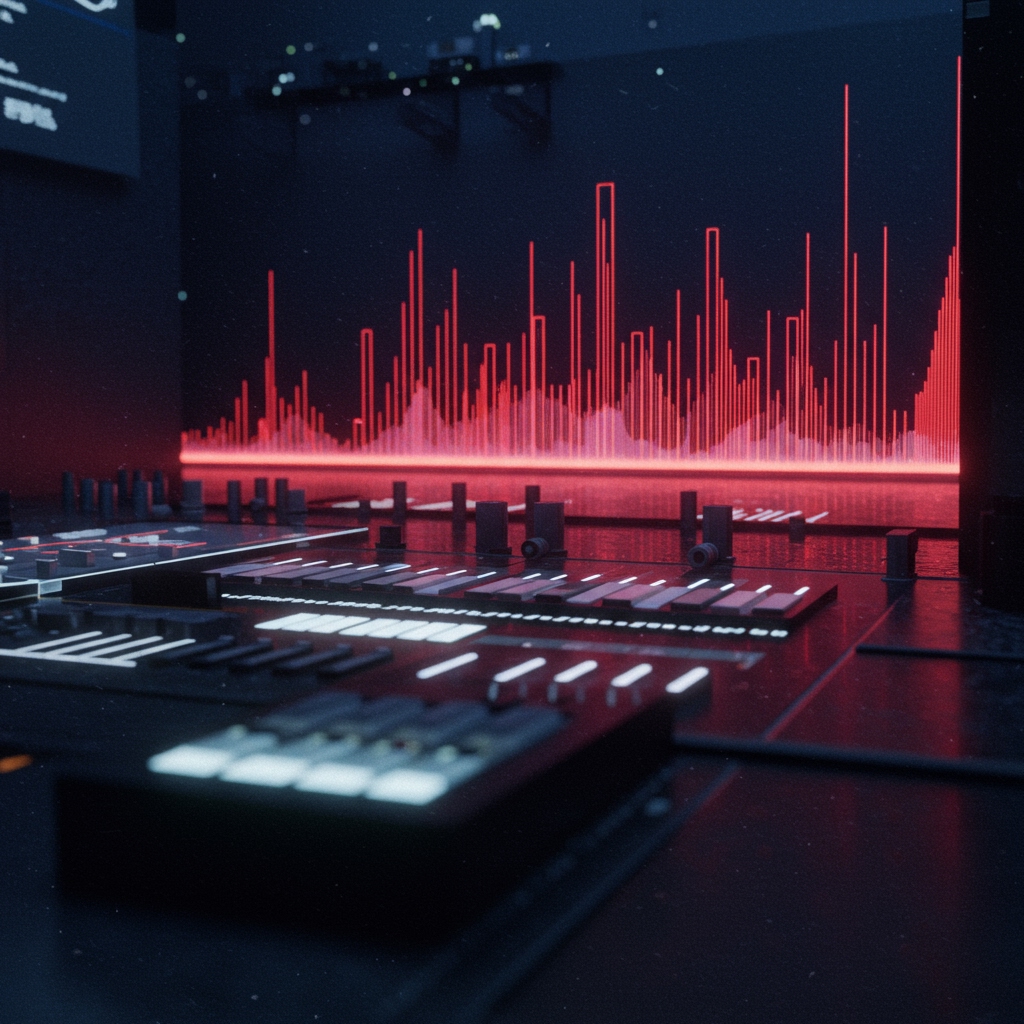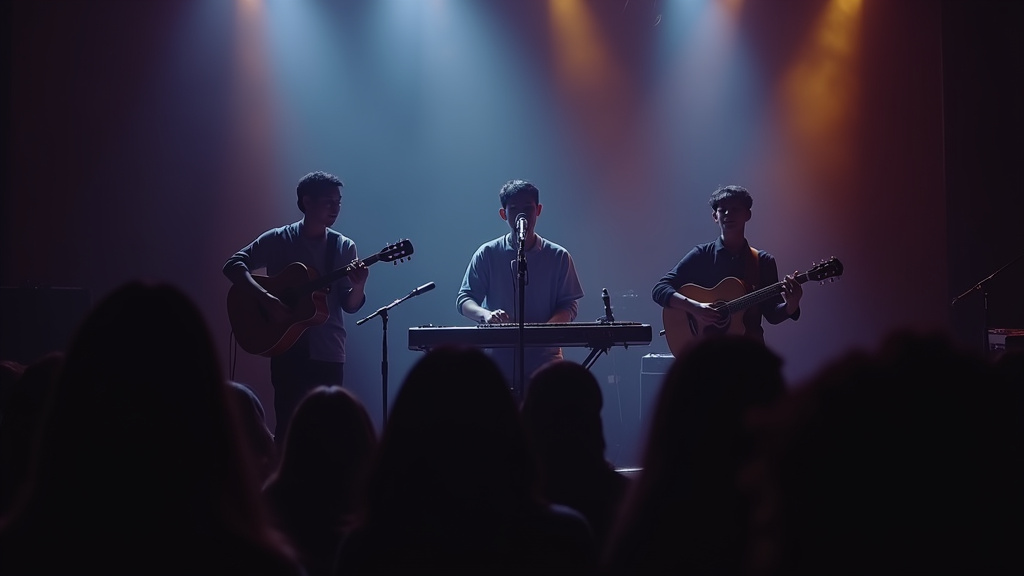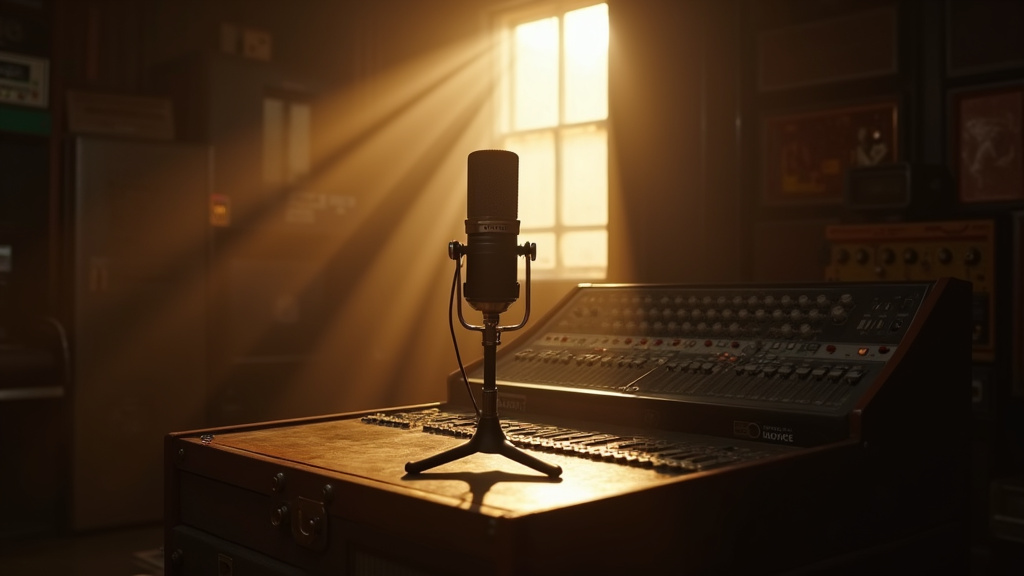Quantum AI Enters the Studio: MuseNet 2.0 Public Beta Launched
Zurich, Switzerland – Quantum AI Labs, a leading research firm at the forefront of quantum computing applications, today, January 28, 2025, announced a significant milestone in creative technology: the public beta release of MuseNet 2.0. This groundbreaking platform is positioned as an advanced AI co-composer, specifically engineered to foster unprecedented creative collaboration between artificial intelligence and human musicians.
Developed by Quantum AI Labs’ team based in Zurich, MuseNet 2.0 distinguishes itself from existing generative music tools by leveraging sophisticated probabilistic quantum computing models. This underlying technology allows the AI to process complex musical information and generate highly nuanced, contextually relevant musical responses in real-time, moving beyond deterministic pattern generation towards more intuitive and unpredictable creative outputs.
Empowering Musicians Through Collaboration
The core functionality of MuseNet 2.0 is designed to augment the human creative process. Musicians can input initial creative seeds, such as melodic themes, harmonic structures, rhythmic patterns, or even textural ideas. The AI then analyzes these inputs and responds with fully developed musical passages, counter-melodies, harmonic extensions, and complex orchestrations across a wide array of musical genres. The real-time interaction is key, allowing artists to iteratively develop ideas in a fluid, dynamic session.
Dr. Anya Sharma, the esteemed lead researcher overseeing the MuseNet project at Quantum AI Labs, emphasized the strategic vision behind the platform. “Our goal with MuseNet 2.0 is fundamentally to augment human creativity, not to replace it,” Dr. Sharma stated. “We envision this tool as a powerful extension of a musician’s mind, providing unexpected directions, overcoming creative blocks, and dramatically accelerating the production workflow.”
Performance and Impact: Early Findings
Initial trials conducted with a diverse group of professional musicians and composers have yielded compelling results. Quantum AI Labs reported that test users experienced a remarkable 40% increase in compositional output speed when utilizing MuseNet 2.0 compared to their traditional workflows. This acceleration suggests a significant potential for the platform to streamline the creative process, enabling artists to explore more ideas and complete projects faster.
Industry observers and early beta testers view MuseNet 2.0 as a significant leap beyond the capabilities of current generative music AI. While existing tools often excel at generating variations within a specific style or completing simple patterns, MuseNet 2.0’s use of probabilistic quantum models allows for a deeper understanding of musical context, structure, and emotional nuance, resulting in more sophisticated and artistically compelling outputs.
Future Outlook and Commercialization
Following the public beta phase, which commences today, Quantum AI Labs is targeting a commercial launch for MuseNet 2.0 in Q3 2025. The company plans to offer various subscription tiers catering to the needs of both solo artists and large professional studios alike. The platform’s potential to reshape music production workflows is substantial, offering a new paradigm for collaboration between human and artificial intelligence in the creative arts.
The release of MuseNet 2.0 signals a pivotal moment in the application of advanced AI, particularly quantum-inspired techniques, to the creative domain. It underscores the increasing capability of artificial intelligence not just to perform tasks, but to actively participate in and enhance the artistic process, opening up new frontiers for musical exploration and innovation.





